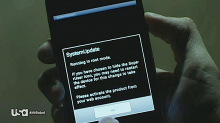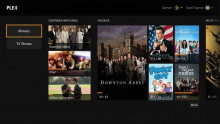Google open-sources Omnitone library for decoding spatial audio on the web
Google today announced that it has open-sourced Omnitone, a piece of software that developers can use to incorporate spatial audio into websites. The software is available now on GitHub under an Apache license.
To give people a sense of what’s possible Google has also posted two videos featuring spatial audio to demonstrate what’s possible with Omnitone.











































































